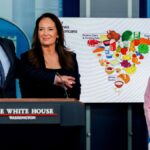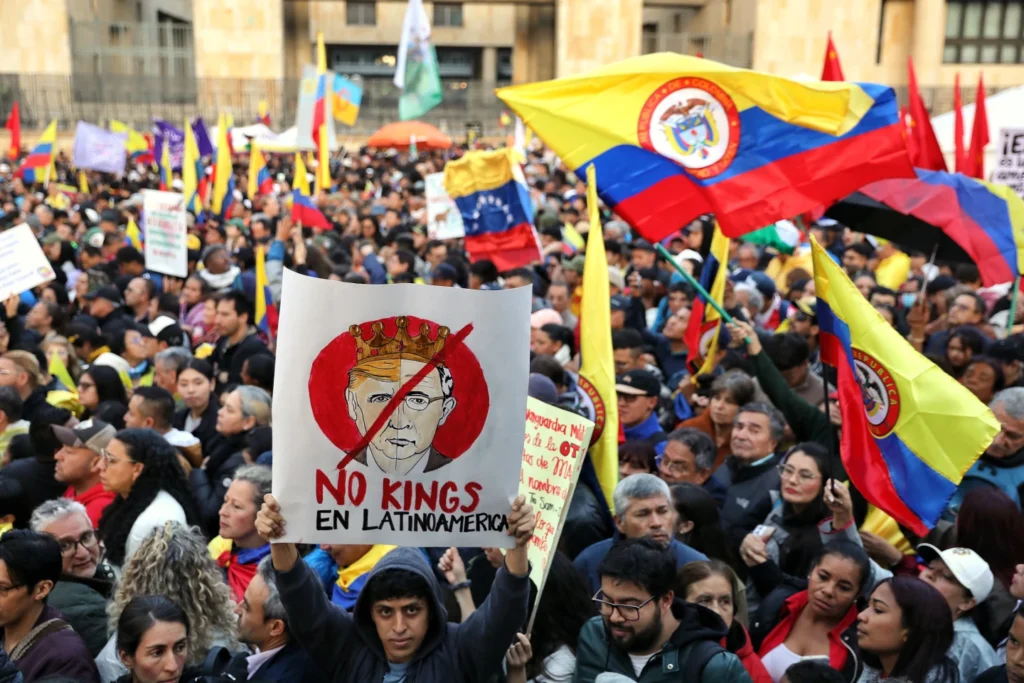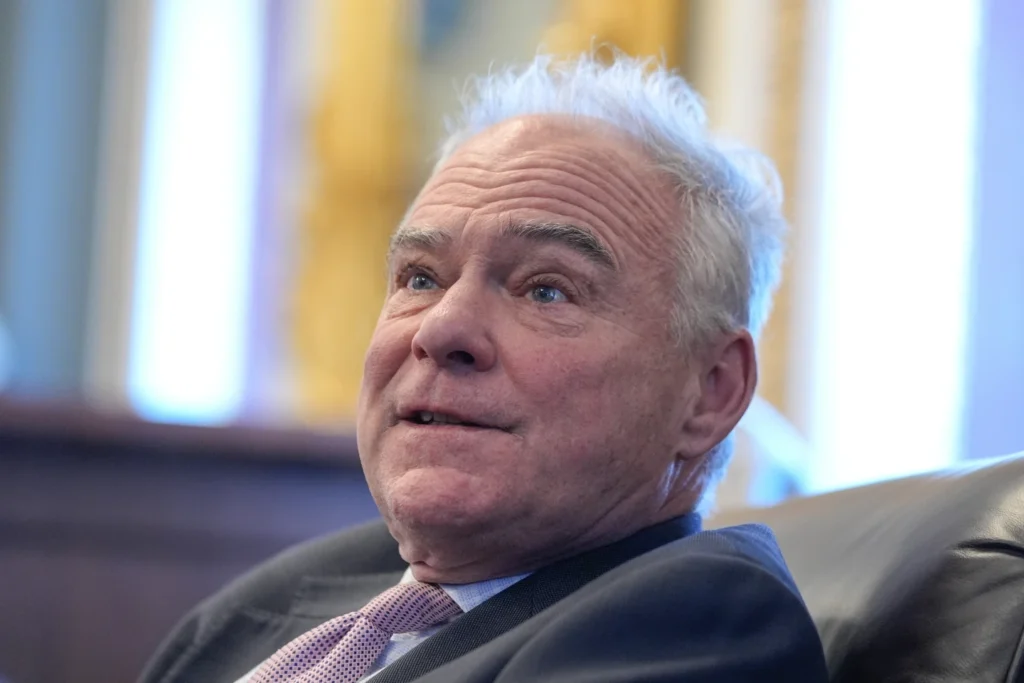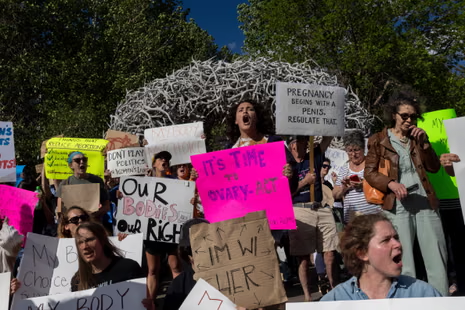Voting Rights Act 60th Anniversary Faces Supreme Court Threats
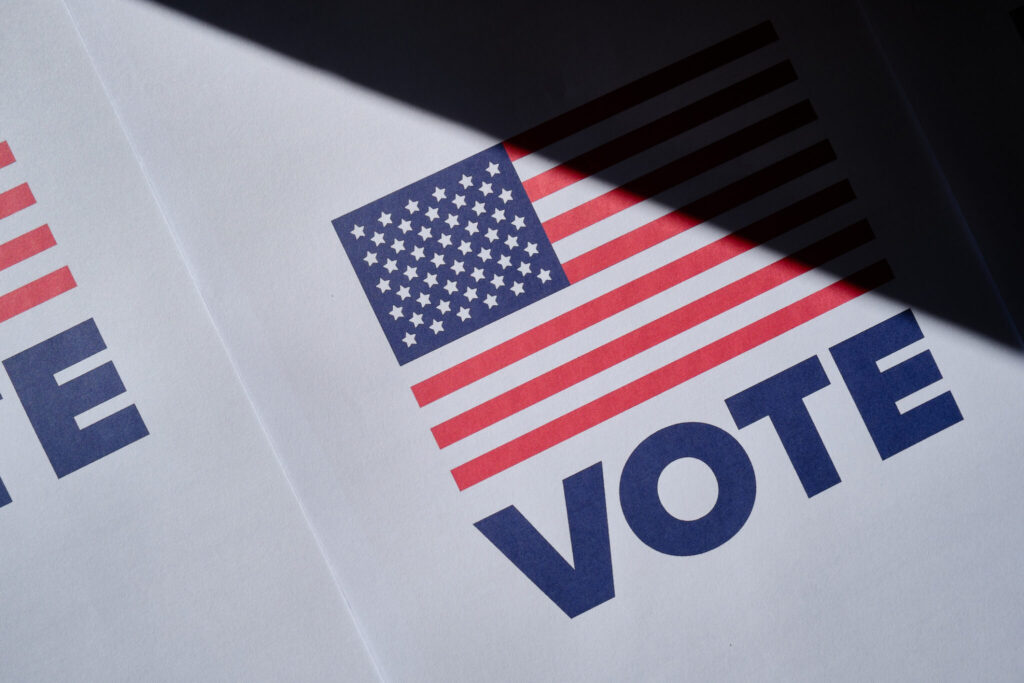
Voting Rights Act at 60th Anniversary: Legal Protections Face Major Threats
On August 6, 1965, President Lyndon B. Johnson signed the Voting Rights Act into law with Martin Luther King Jr. standing by his side. It was a landmark moment in U.S. history, guaranteeing the right to vote for millions of Americans, particularly Black citizens. Sixty years later, the Voting Rights Act 60th anniversary comes at a time when its protections are under severe threat.
Legal protections are eroding
Since a 2013 Supreme Court ruling struck down the preclearance requirement for states with a history of discrimination, many began passing stricter voting laws. That erosion accelerated after the 2020 election, fueled by false claims of voter fraud from former President Donald Trump. Now, the Supreme Court is poised to hear two new cases that could further weaken the law—or dismantle it entirely.
Demetria McCain of the NAACP Legal Defense Fund stated, “We’re at a critical juncture. Attacks on voting rights, especially for communities of color, are mounting.”
Native tribes secure a win—temporarily
In North Dakota, the Turtle Mountain Band of Chippewa and the Spirit Lake Tribe successfully sued the state over unfair district maps. The court ruled in their favor, enabling the formation of a new joint district. Tribal leaders like Jamie Azure hailed the decision as a step forward in representation.
However, that progress is uncertain. The case has reached the Supreme Court after the 8th U.S. Circuit Court of Appeals ruled that only the U.S. Attorney General—not private citizens—can file lawsuits under Section 2 of the Act. The ruling, if upheld, would overturn decades of precedent. Notably, nearly 87% of such cases have been filed by private individuals and advocacy groups.
More challenges on the horizon
The Supreme Court is also considering a redistricting case from Louisiana that could reverse a 2023 ruling which preserved protections for Black voters. Voting rights advocates fear that eliminating Section 2’s power would neuter the law entirely.
According to Robert Weiner from the Lawyers’ Committee for Civil Rights, the court’s decision to request new briefs suggests there is still debate among the justices. “They wouldn’t need re-argument if the sides had already been chosen,” he explained.
DOJ shifts focus under Trump
The Justice Department, led by Attorney General Pam Bondi, has withdrawn from several key voting rights cases. Instead, it has prioritized investigating alleged voter fraud and enforcing new proof-of-citizenship requirements. Critics argue the department is turning against the very people the law was meant to protect.
Meanwhile, federal efforts to revive voting protections—such as the John Lewis Voting Rights Act—have stalled in Congress. Trump’s executive order requiring documentary proof of citizenship has also been blocked by the courts in some states.
A nation divided by geography
According to Sean Morales-Doyle of the Brennan Center for Justice, the Voting Rights Act 60th anniversary reveals a fractured electoral system. “Over the last decade,” he said, “voters’ experiences now depend more than ever on where they live.”
In states like North Dakota, voting rights are shrinking. In others, they’re expanding. But the legacy of the 1965 act hangs in the balance, with its future determined not by lawmakers or voters—but by the courts.
SOURCE: AP News
: 190
